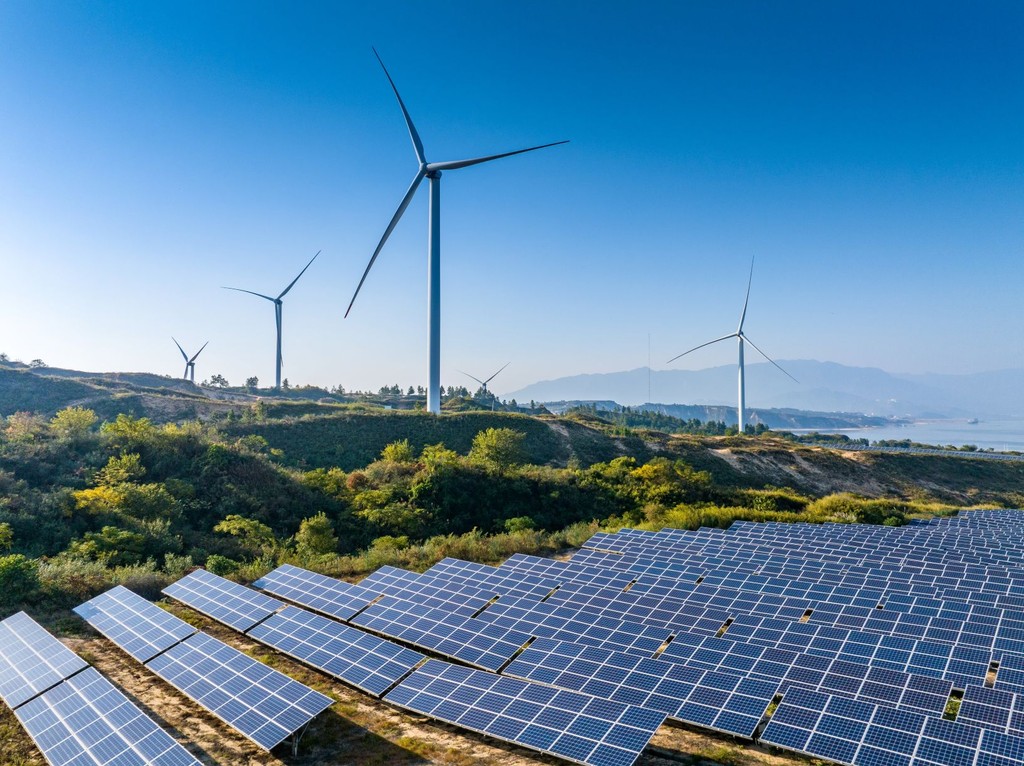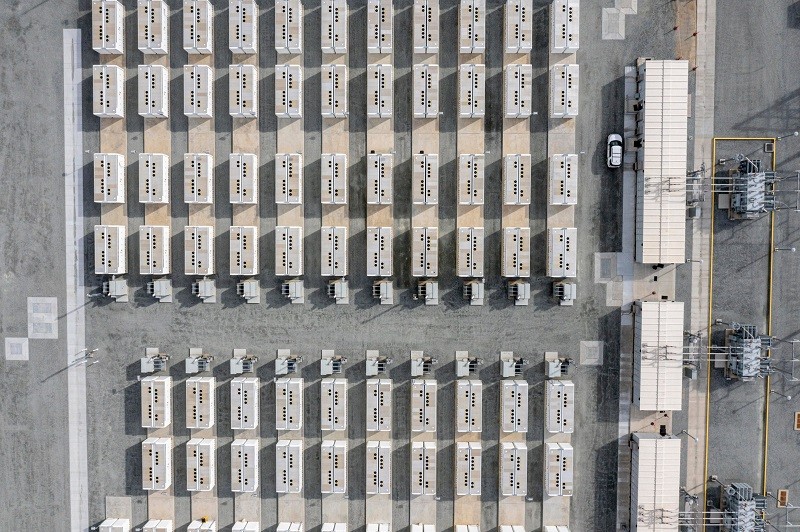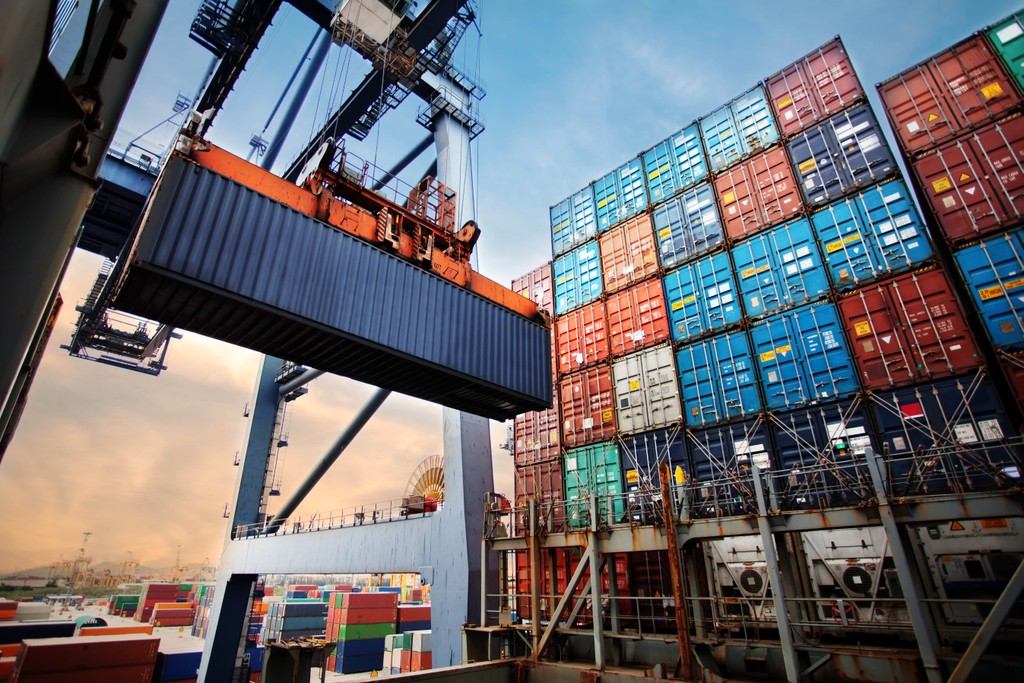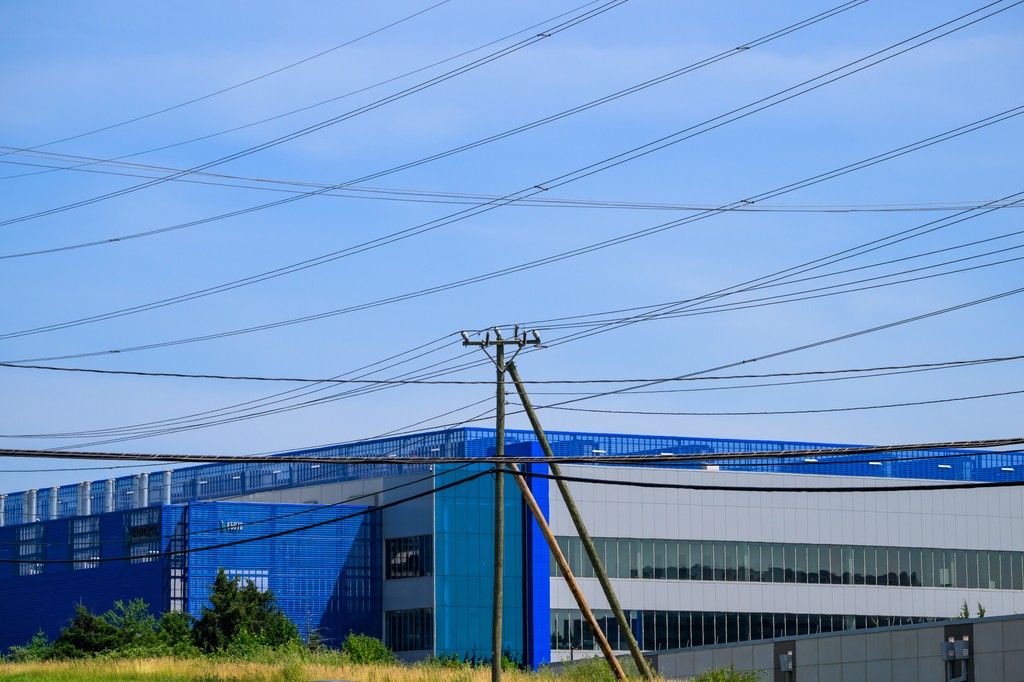The war in Ukraine has highlighted the risks associated with the supply chain for metals needed for the energy transition. Canada has the potential to become a metals powerhouse for batteries and electric vehicles, harnessing its significant raw material resources, hydropower capacity and proximity to the large US market. This ascension is not assured, however, and will likely hinge on the country increasing its metals recycling capacity to bolster supply, and investing in technologies such as carbon capture to decarbonize production.

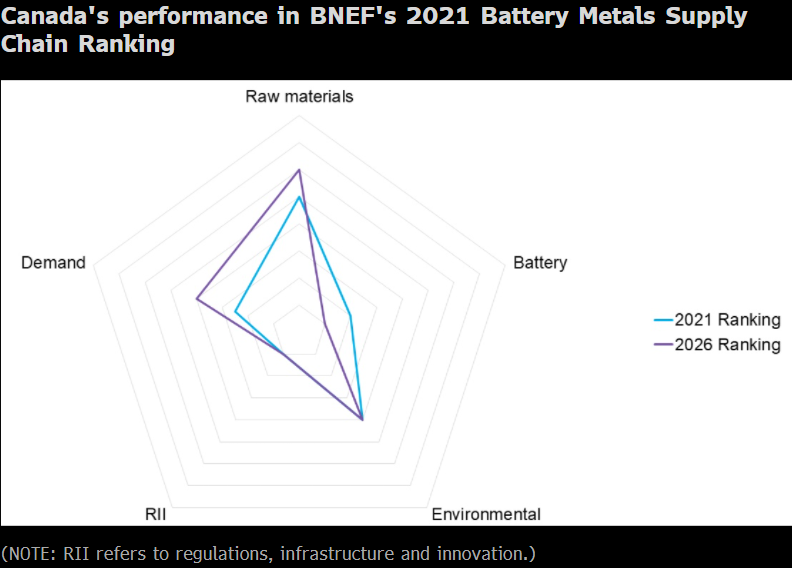
- On June 16, 2022, BloombergNEF held a roundtable discussion with representatives from the metals and mining industry in Toronto, Canada. The focus of the discussion was the challenge of producing metals in the country while also decarbonizing the industry.
- A prevalent theme that emerged was that the world could face a shortage of metals, including lithium, copper and nickel, as a result of demand growth outpacing supply. Industry figures also expressed concerns about declining ore grades. This has led to lower recoveries, higher extraction costs and a reduced return on investments.
- It was acknowledged that the biggest challenge to building a new mine is the regulatory red tape associated with mine permits and the high capital cost of projects. For an operating mine, the key difficulty right now is rising operating costs as a result of inflation and supply chain constraints. The roundtable participants agreed that labor, fuel and power contribute the most to cost inflation for a mine.
- In terms of sustainability, 55.8% of Canada’s power is from hydropower, providing affordable energy with a low carbon footprint. This makes the country an environmentally favorable destination for investment, particularly in metals manufacturing. As such, Canada scores highly in the environment metric of BNEF’s Battery Supply Chain Ranking.
- Canada’s proximity to the US also makes it an attractive place to build an EV metals supply chain. With the joint venture between GM and POSCO Chemical investing $633 million in a cathode materials plant and the Stellantis-LG Energy Solution tie-up deploying $4.1 billion to build a battery plant, there is a significant push by the government to create an entire EV supply chain within Canada. Some 14 million EVs are expected sold in the US and Canada by 2040.

